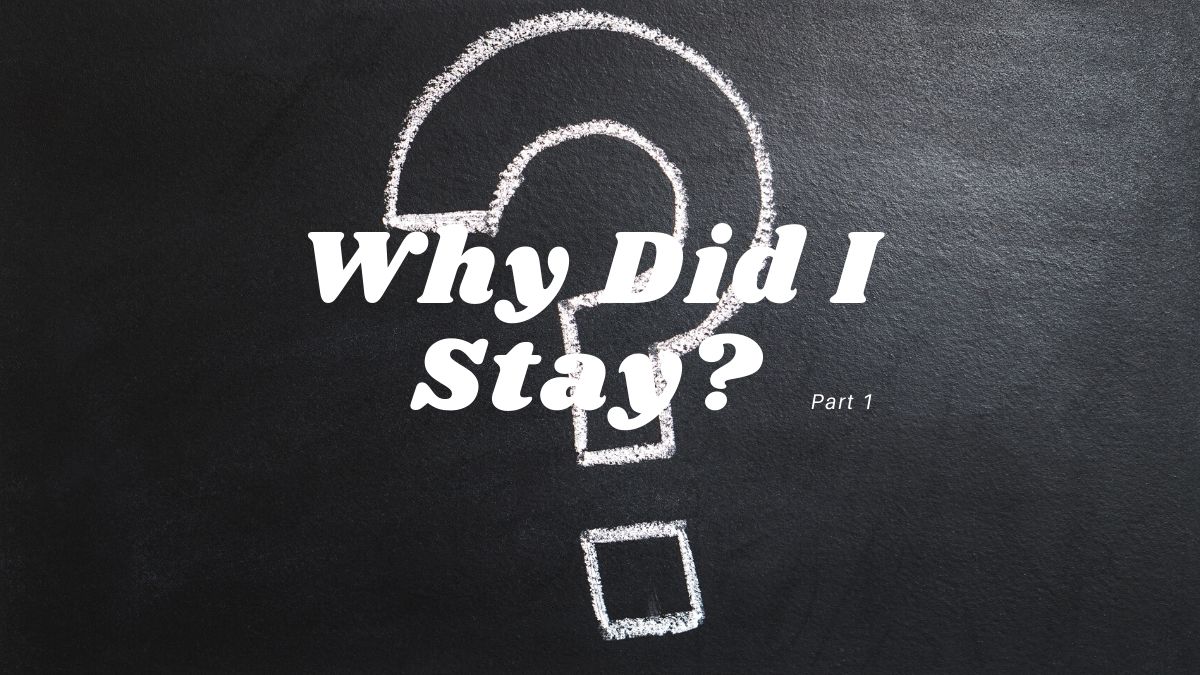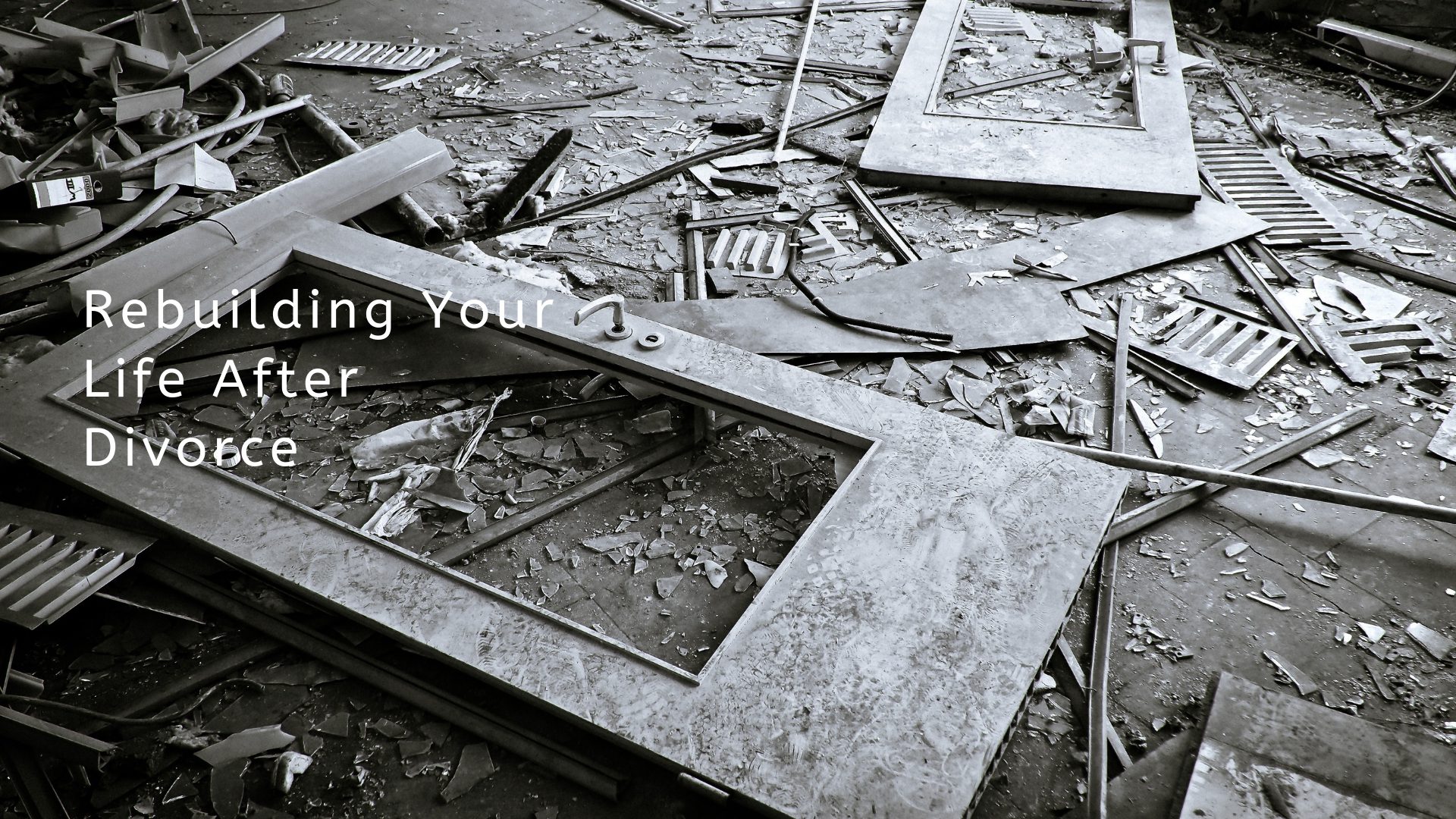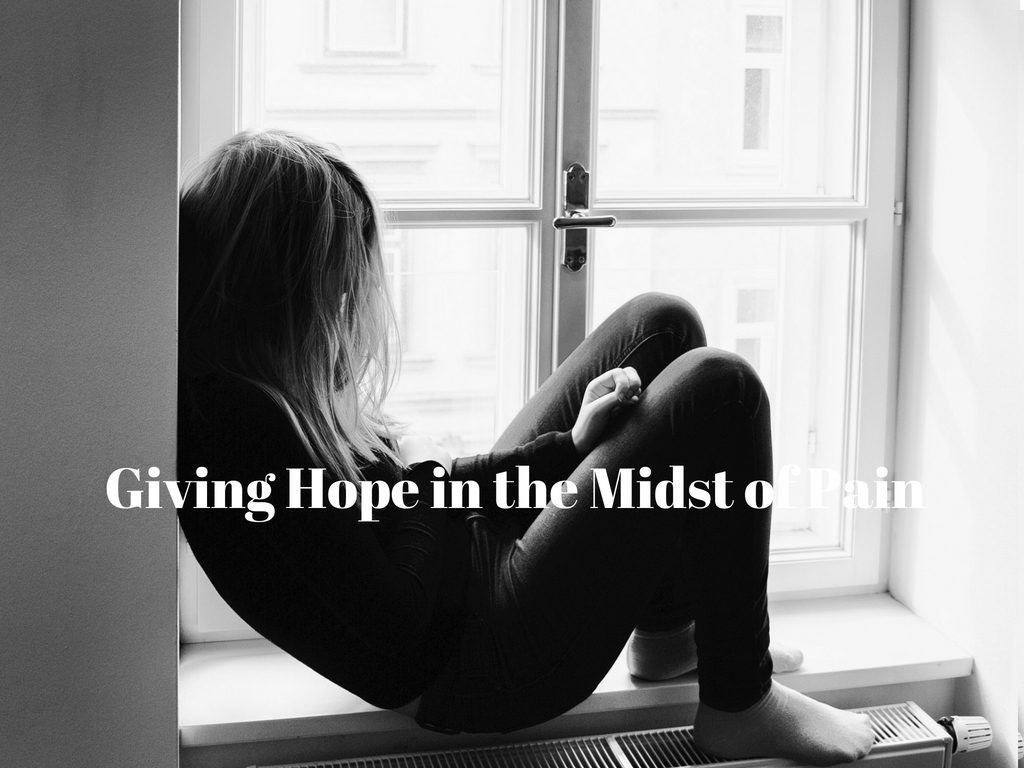Is Your Marriage Difficult or Destructive?
Several months ago, I wrote about the biblical story of Abigail and Nabal. You can read it here. This story has always been an intriguing one to me. I’m not sure why it has always captivated me. Maybe it is because Nabal was so cruel. Maybe it was because Abigail was such an amazing example. Maybe it is because the two were such a mismatch. And maybe it was because God rescued Abigail so swiftly.
I really don’t know why it intrigued me when I was younger, but I do understand why it intrigues me today. I guess you could say I lived my own version of the Abigail/Nabal marriage. It carries a much deeper meaning for me today than it did a decade ago.
If you don’t know the story, please start by reading it in 1 Samuel 25.
The story of Abigail and Nabal is your classic story of a self-centered narcissistic-type (Nabal) who is married to a kind-hearted empath. While I realize this marriage was probably an arranged marriage, it exemplifies so many dysfunctional marriages today. This marriage was not a difficult marriage; it was a destructive marriage.
One of the most common questions I hear is, “How do I know when to leave?”
Honestly, I think you have to back up and ask another question first:
Is my marriage difficult? Or is my marriage destructive?
Can I start by telling you that every marriage can be difficult—at least at different seasons? I love Roy dearly. I so enjoy my life with him. He is so very good to me and the kids. But, can I tell you that there have been some significantly difficult seasons in our short marriage? Seasons that have threatened the foundation of our marriage before we could even get started?
Let’s start with the challenges we had with his daughter. If you know anything about blended families, you know that you are bringing together two people who have strong loyalties to their biological children. Even if you don’t mean to, you come into marriage with a mentality that your kids are your top priority. It’s difficult to reorder your priorities when you’ve spent the previous decade with your kids as your top priority (behind God, of course).
Roy’s daughter has significant disabilities—physical, mental, and emotional. There were so many changes in her life leading into our marriage, and the chaos left her spiraling downward. She was all-consuming. There was a two-year custody battle. Divided loyalties. False accusations. CPS investigations. And so much more. Yes, our marriage was difficult.
But do you know what else was in our marriage? Respect. Consideration. Gentleness. Kindness. Forgiveness. Admission of our mistakes. A commitment to grow and change. Never (almost never, anyway) letting the sun go down when we were angry. Fighting fair. Listening ears.
Even in the midst of the most painful and trying times, our overall character won out. We weren’t cruel to one another. We wanted good for each other—and for our marriage. Our relationship—though rocky—was still characterized by character and integrity.
And that’s the truth about difficult marriages. While they may occasionally exhibit characteristics of a destructive marriage, it is not the norm. It is an exception to the rule, and when one or both parties falls into this type of pattern, there is true remorse and repentance.
But let’s talk about destructive marriages.
Destructive marriages are not characterized by kindness and character and respect and commitment in the midst of arguments; destructive marriages are frequently one self-centered individual looking out for his/her own desires at all costs—no matter the damage it inflicts on his/her partner or anyone else within the home.
Destructive marriages are frequently characterized by addictions and compulsions and suspected (yet undiagnosed) mental illnesses. Read Galatians 5 in The Message for a great description of the works of the flesh.
Destructive marriages frequently have pornography issues that are well-hidden unless one knows what signs to look for. It may involve demeaning or violent sexual acts, risky sexual behavior that escalates as the addiction is fed. One huge sign of porn addiction is that the addict begins to see and treat others as no more than an object to gratify his/her selfish desire. Studies clearly show that porn changes the brain to objectify others.
Destructive marriages are characterized by lies and deception. Maybe he isn’t where he told you he would be. Maybe she didn’t come home when she told you she would. Maybe the history on his phone is constantly wiped clean. Maybe she hides her phone.
Destructive marriages are characterized by blaming and name-calling. Is everything your fault? Always? Does he call you stupid? Dumb ass? Incompetent? Does she demean you in private and/or in public? Do you feel like you don’t measure up to him in intelligence? Do you feel like a complete failure in your marriage? Take a look and see if you are a victim of blaming or name calling.
Destructive marriages are characterized by emotional outbursts, obscenity-laced tirades that leave one spouse and/or children in fear. His meal wasn’t cooked the way he likes it and he throws it or yells at you. Her laundry wasn’t folded the way she wants it folded and now you must endure her wrath. Maybe your spouse had a bad day at work and now you have to pay the price.
Destructive marriages are characterized by the silent treatment and withholding of basic care and concern. He came home to a messy house and now he goes to another room and ignores you all night as punishment. His paycheck wasn’t big enough so she withholds sex.
Destructive marriages are characterized by using fear or manipulation to control others in the household. “If you don’t do xxx, you will regret it!” “If you can’t behave, I’m going to leave you and never come back.” Fear and manipulation are the favorite tactic in a destructive marriage.
Destructive marriages are characterized by feeling like one is walking on eggshells all the time, never knowing what will trigger the destructive behaviors. Maybe you can’t pinpoint what will set him off today. Maybe you don’t know which wife will be waiting for you today. One thing you do know is that if you don’t say it/do it exactly the way he/she wants, it will be wrong. It’s a constant balancing act to live with this individual.
Destructive marriages are typically characterized by one individual who wants his/her own way at the expense of everyone else in the home. His financial wants take precedence over the needs of the family. Her plan is always the right one. Everyone else is subservient to him.
Destructive marriages are frequently characterized by a very charismatic, well-loved leader that others would never suspect has a completely different persona behind closed doors. Sadly, many churches and individuals simply fail to see the truth of these destructive people. They do a great job of spinning the situation to make you look like the crazy one, all in preparation for the day you might get tired of putting up with it.
Destructive marriages often don’t sound as bad to outsiders when you attempt to describe the behaviors. Even as I type all of these characteristics, I know that many will say, “That’s not that bad.” It is hard to do justice to the destruction that occurs behind closed doors. But can I say that story after story of domestic abuse starts just this way, with the little destructive behaviors that just don’t seem that bad. These behaviors are designed to destroy any self-confidence of the victim so they never escape. And when they get brave enough to escape? The abuser doesn’t know how to respond and often escalates beyond mental and emotional abuse. How many stories of domestic violence have you seen where it had never been physical—until she tried to leave and ended up paying the ultimate price.
Here’s the thing: there’s a huge difference between a difficult marriage and a destructive marriage. If you are in a destructive marriage, God does not want you living this way. His heart is always toward those who are oppressed and downtrodden. Read Malachi 2 and see what He really has to say about marriage to an abusive spouse.
If you are in need of help, please reach out—to me or someone you trust.
You are not alone.













Leave a Reply
Want to join the discussion?Feel free to contribute!